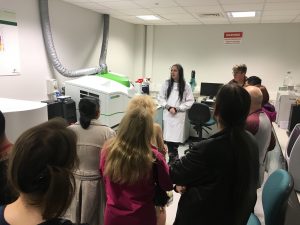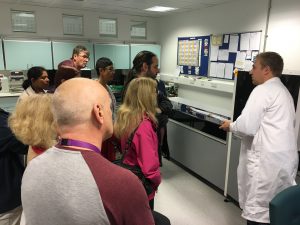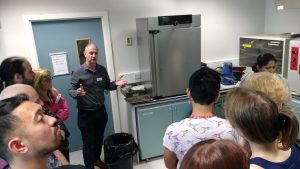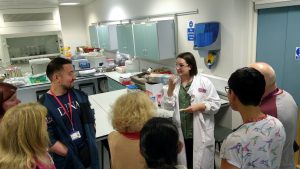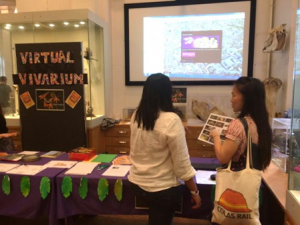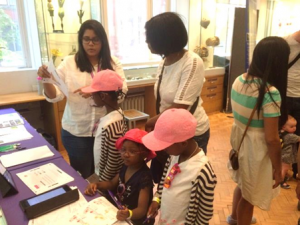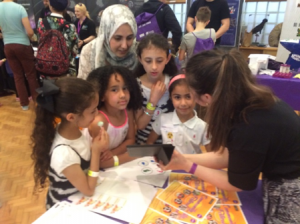The University of Manchester has become a founding member of the ‘Technician Commitment’ – a national initiative launched by the Science Council to raise the profile of Technicians and their contribution to the UK’s higher education sector.
As a highly skilled workforce within Higher Education Institutions and Research Institutes, Technicians bring a diverse range of expertise and knowledge to their role providing essential support to research and teaching activities. The University of Manchester currently employs over 700 Technicians across its three Faculties.
Universities are under increasing pressure to improve quality of teaching and research outcomes which impacts on all staff including Technical Staff. Yet Technical Staff have not always received the professional recognition or structured career development opportunities they deserve.
Within the UK as a whole more Technicians are retiring each year than are entering the profession. The resulting shortfall will have a negative impact on our future research and teaching if action is not taken to encourage sustainability within the profession.
Launched on 31 May 2017, the Technician Commitment builds on previous work carried out by the Science Council, supported by the Gatsby Charitable Foundation, towards gaining professional recognition for Technicians. Signatories are asked to commit to taking action across five key areas:
Visibility – ensure that all Technicians within an organisation are identifiable and that the contribution of Technicians is visible within and beyond the institution.
Recognition – support Technicians to gain recognition through professional registration
Career Development – enable career development opportunities for Technicians through the provision of clear, documented career pathways
Sustainability – ensure the future sustainability of technical skills across the organisation and that technical expertise is fully utilised
Evaluating Impact – regularly assess the impact of actions taken in support of the commitment to ensure their effectiveness
A Steering Group led by the Science Council will monitor progress and institutions signed up to the Commitment will assess their own progress using a specially developed toolkit of resources.
The University of Manchester signatory to the commitment is Karen Heaton, Director of Human Resources, and our Institutional Leads are Peter Crowe, Faculty Head of Technical Services [FBMH] and Colin Baines, Faculty Head of Technical Services [FSE].
This is an Important opportunity for the University of Manchester and all its Technical Staff to engage with a national initiative to improve the recognition of Technical Staff and their significant contribution to research and teaching. The expertise held by the Technical Staff, which is considerable in its range and depth, is highly specialised and often unique. Providing development opportunities for these expert staff will be critical in adapting their support to new emerging technologies and innovations.
In addition, clear support by Karen Heaton, our HR Partners, Jonathan Winter (Head of Staff learning & Development) and our Training Partners, demonstrates wider University commitment that will assist us greatly in our future aims.
In many ways we are fortunate that the aims of our own Technical Excellence at Manchester [TEaM] mirror many of the aims of the national Technical Commitment. However, TEaM aims to tailor the initiatives to our local needs and preferences, whilst still achieving or exceeding the national goals. TEaM is currently shaping the way forward through consultation with as many Technical Staff as possible over the coming months to ensure that the ‘tailoring’ is appropriately placed for you and your colleagues. Please do engage with the workshop consultations.
Further information is available from:
http://technicians.org.uk/techniciancommitment/
http://scienccecouncil.org/techniciancommitment/
Peter Crowe Colin Baines
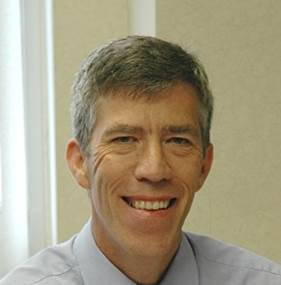
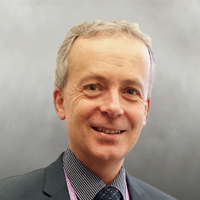
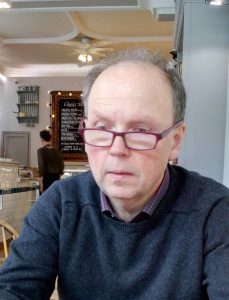

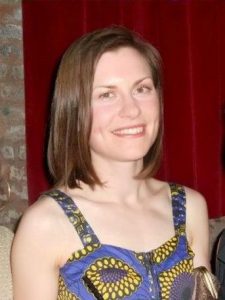

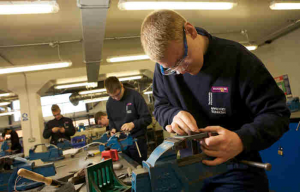 Recruitment for a September 2017 start is underway, see following link:
Recruitment for a September 2017 start is underway, see following link: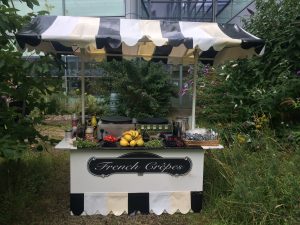
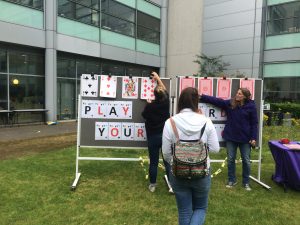
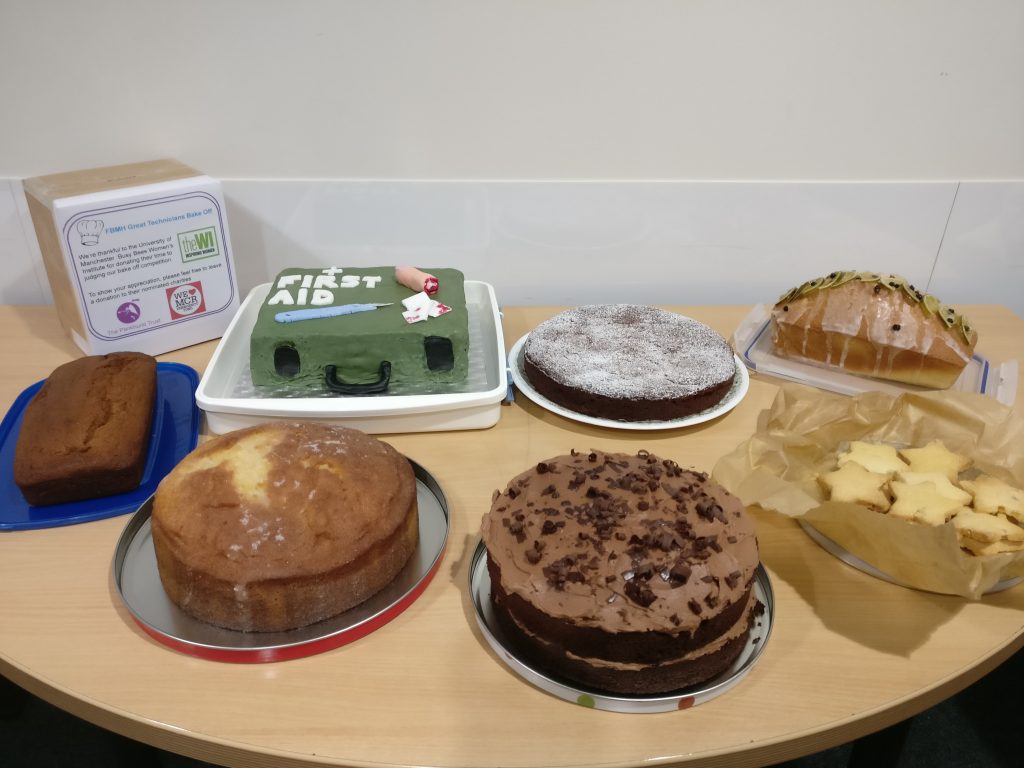
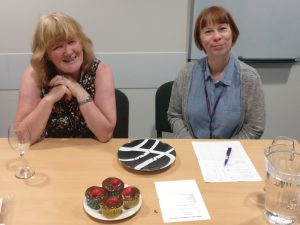
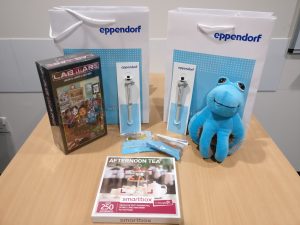


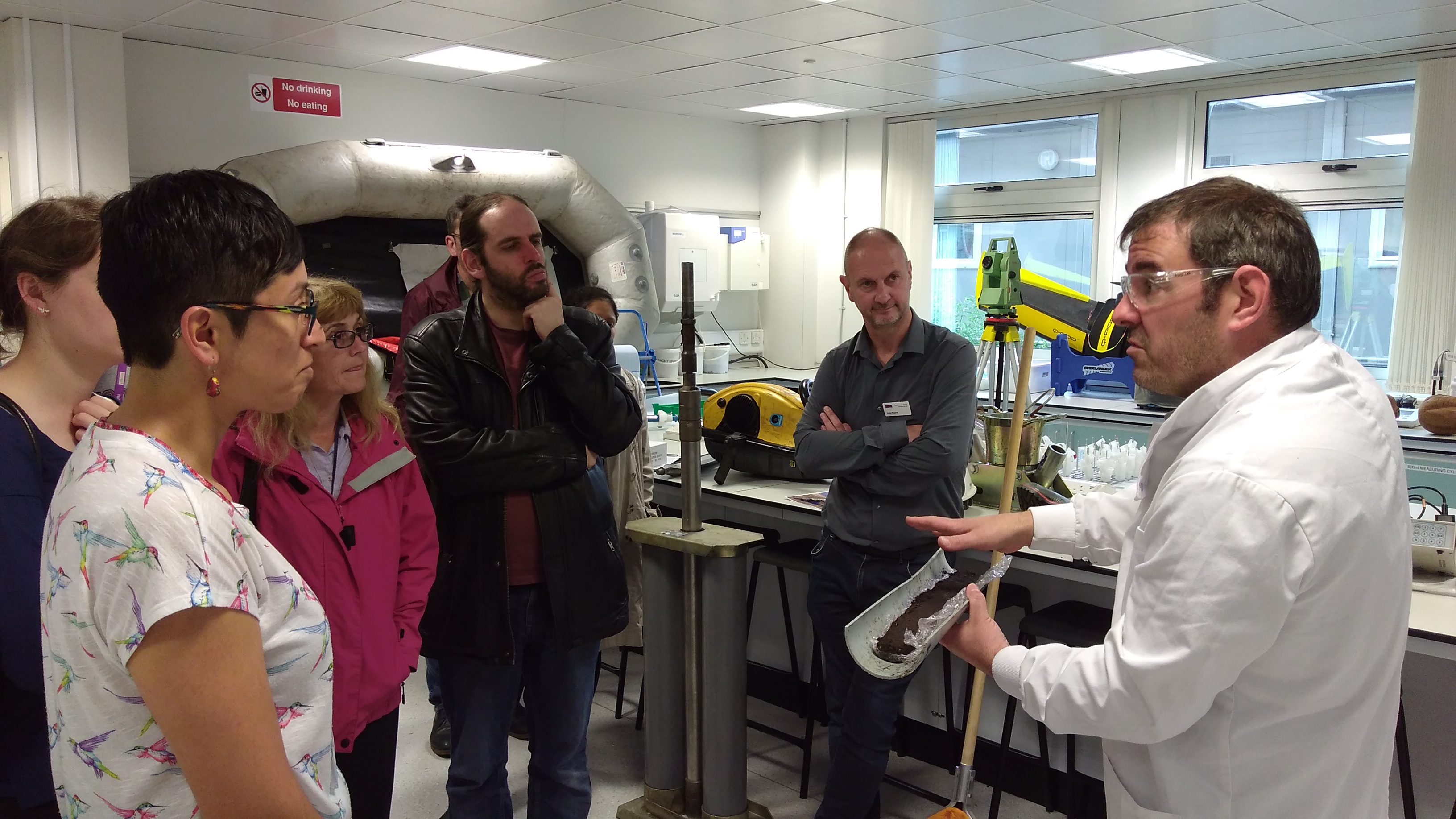
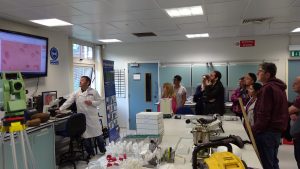 Fidel Peacock “I was really impressed by the lengths with which John and his colleagues at the Geography Labs went to accommodate us. To start, we had a freebie (LED light keychain) commemorating 125 years (1892-2017) of Geography at Manchester. Not only could we observe as many of the different equipment and facilities they had but we also learned about the breadth of their applications. First, we were shown how soil and water samples were taken, the various equipment they took on fieldtrips (such as a CO2-measuring chamber) and the different types of tree pollens under a microscope.
Fidel Peacock “I was really impressed by the lengths with which John and his colleagues at the Geography Labs went to accommodate us. To start, we had a freebie (LED light keychain) commemorating 125 years (1892-2017) of Geography at Manchester. Not only could we observe as many of the different equipment and facilities they had but we also learned about the breadth of their applications. First, we were shown how soil and water samples were taken, the various equipment they took on fieldtrips (such as a CO2-measuring chamber) and the different types of tree pollens under a microscope.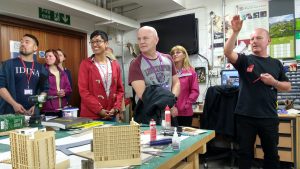 Lastly, we walked across to the basement of the Humanities Bridgeford St. building where the workshop for architect students was housed. We had the chance to speak and listen to architect students about their latest projects as well as the workshop technicians about how they supported the students’ visions. Besides all the equipment you would expect with model making, they also had a 3D printer which could be really handy for anyone in the University.
Lastly, we walked across to the basement of the Humanities Bridgeford St. building where the workshop for architect students was housed. We had the chance to speak and listen to architect students about their latest projects as well as the workshop technicians about how they supported the students’ visions. Besides all the equipment you would expect with model making, they also had a 3D printer which could be really handy for anyone in the University.